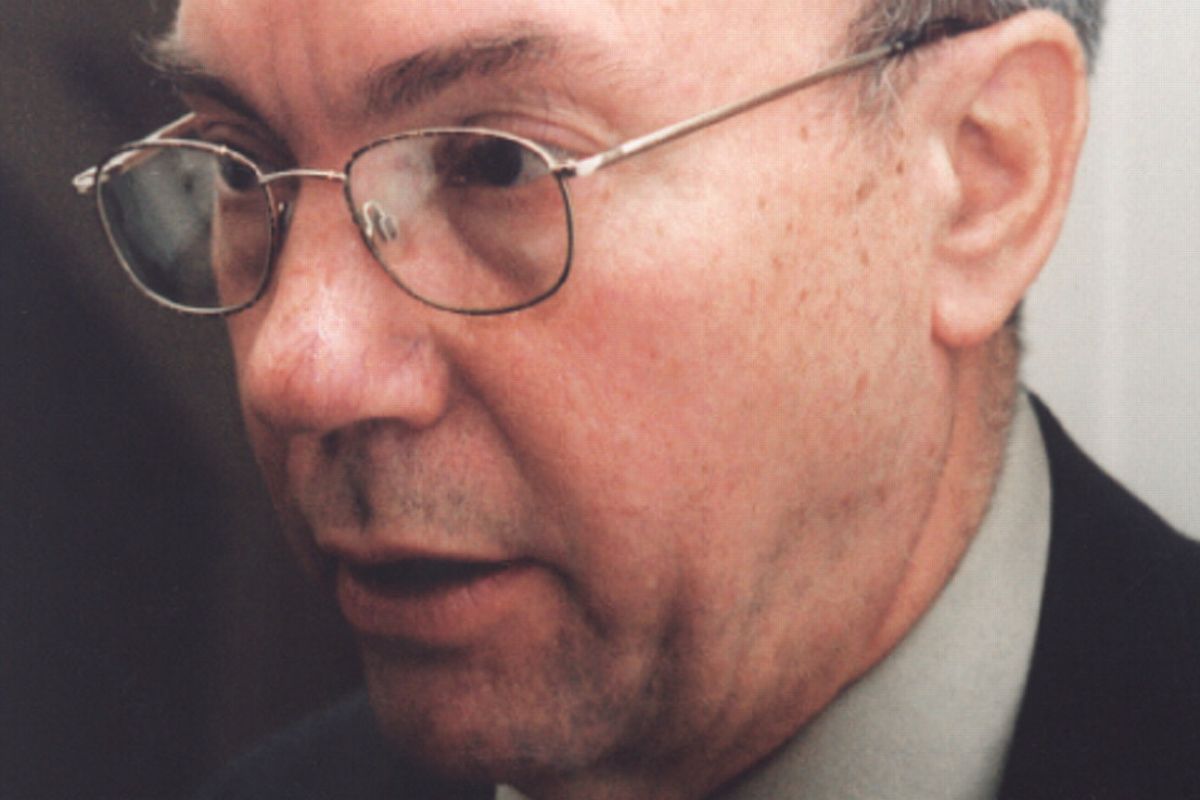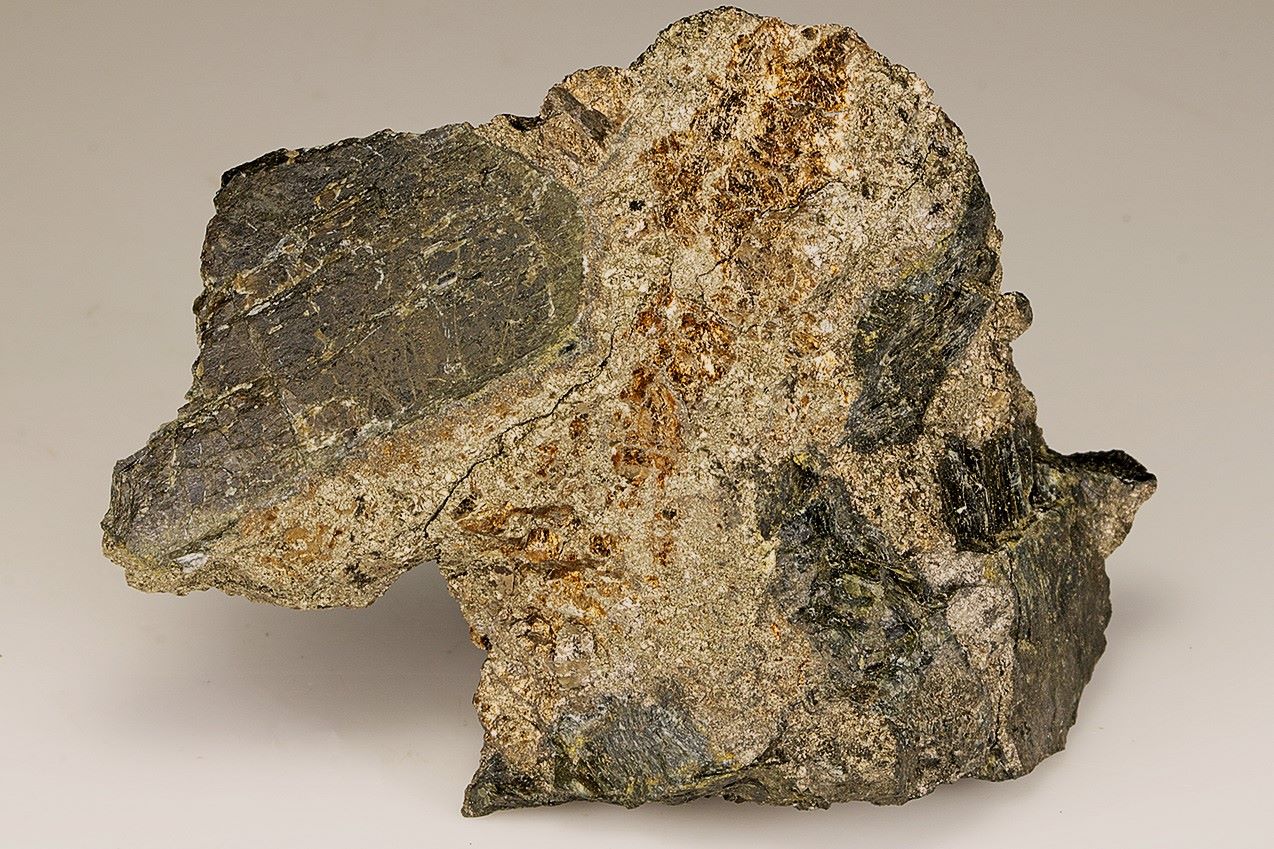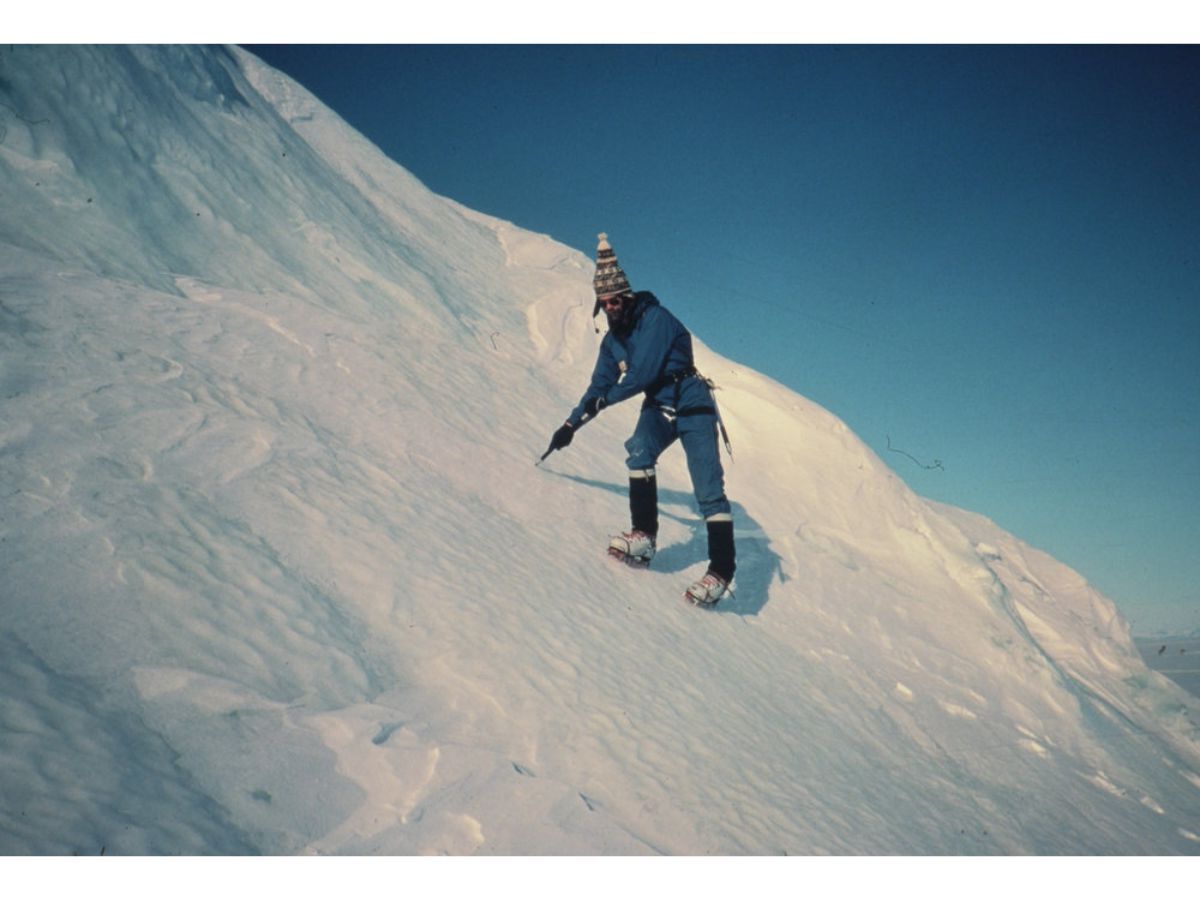
David Kaczynski, the younger brother of the infamous Unabomber Ted Kaczynski, is a figure of profound complexity and resilience. David Kaczynski is best known for the heart-wrenching decision to turn in his brother, leading to Ted's arrest in 1996. This act of courage and moral conviction has shaped David's life in unexpected ways. He has since become an advocate for mental health awareness and criminal justice reform. His journey from a quiet, private life to the public eye is filled with moments of intense struggle, ethical dilemmas, and personal growth. Here are 35 facts about David Kaczynski that shed light on his extraordinary path.
Key Takeaways:
- David Kaczynski's decision to turn in his brother, the Unabomber, showed immense bravery and moral integrity, inspiring others with his message of empathy and understanding.
- Through his advocacy work, David Kaczynski has helped change public perceptions about mental illness and the death penalty, leaving a lasting impact on society.
Early Life and Background
David Kaczynski, the younger brother of Ted Kaczynski, has a story that intertwines with one of the most infamous criminal cases in American history. Here are some intriguing facts about his early life and background.
- Born on October 3, 1949, David grew up in Chicago, Illinois.
- His parents, Wanda and Theodore Kaczynski, were both of Polish descent.
- David was a bright student, excelling in academics from a young age.
- He attended Columbia University, where he studied English literature.
- David developed a passion for poetry and writing during his college years.
Relationship with Ted Kaczynski
David's relationship with his brother Ted, also known as the Unabomber, is complex and filled with emotional turmoil. These facts shed light on their bond.
- Despite the age difference, David and Ted were close during their childhood.
- Ted often acted as a mentor to David, helping him with schoolwork and sharing his love for nature.
- The brothers shared a love for the outdoors, often going on hiking trips together.
- David noticed Ted's increasing isolation and erratic behavior during his teenage years.
- Despite the growing distance, David continued to look up to his older brother.
Career and Personal Life
David's career and personal life took a different path from his brother's. Here are some key points about his journey.
- After graduating from Columbia, David worked as a high school teacher.
- He later became a social worker, dedicating his life to helping others.
- David married Linda Patrik, a philosophy professor, in 1989.
- The couple moved to Schenectady, New York, where David continued his work in social services.
- David and Linda share a deep commitment to social justice and humanitarian causes.
The Unabomber Case
David's involvement in the Unabomber case is a pivotal chapter in his life. These facts highlight his role in bringing his brother to justice.
- In 1995, David's wife Linda noticed similarities between Ted's writings and the Unabomber's manifesto.
- David initially dismissed the idea but eventually began to see the connections himself.
- He struggled with the decision to turn in his brother, fearing for Ted's life and mental health.
- In 1996, David contacted the FBI, providing crucial information that led to Ted's arrest.
- David's decision was driven by a sense of moral duty and the desire to prevent further violence.
Aftermath and Advocacy
The aftermath of Ted's arrest had a profound impact on David's life. Here are some facts about his advocacy and personal journey post-arrest.
- David became an advocate for mental health awareness, speaking publicly about his brother's struggles.
- He also campaigned against the death penalty, believing it to be an inhumane form of punishment.
- David wrote a memoir, "Every Last Tie," detailing his experiences and the emotional toll of the case.
- He continues to work with organizations that support victims of violence and their families.
- David has received numerous awards for his advocacy and humanitarian efforts.
Personal Reflections
David's reflections on his life and the choices he made offer a deeper understanding of his character. These facts provide insight into his personal thoughts and feelings.
- David often speaks about the pain of losing his brother to mental illness.
- He believes that Ted's actions were a result of untreated schizophrenia.
- David has expressed regret over not recognizing the signs of his brother's deteriorating mental health sooner.
- He remains committed to raising awareness about the importance of mental health care.
- David finds solace in his work, helping others who are struggling with similar issues.
Legacy and Impact
David Kaczynski's legacy is defined by his courage and compassion. These facts highlight the lasting impact of his actions.
- David's decision to turn in his brother is seen as an act of immense bravery and moral integrity.
- His advocacy work has helped to change public perceptions about mental illness and the death penalty.
- David's story has been featured in numerous documentaries, books, and articles.
- He continues to inspire others with his message of empathy and understanding.
- David Kaczynski's life is a testament to the power of love, forgiveness, and the human spirit.
Final Thoughts on David Kaczynski
David Kaczynski's life is a testament to the complexities of family, morality, and justice. His decision to turn in his brother, Ted Kaczynski, the infamous Unabomber, wasn't easy but showed immense courage and ethical conviction. David's actions saved lives and highlighted the importance of doing what's right, even when it's painful. His journey from a quiet life to the public eye underscores the unpredictable nature of life and the strength of human character. David's story reminds us that heroes often come from unexpected places and that making tough choices can lead to profound impacts. His advocacy for mental health and victims' rights continues to inspire many. David Kaczynski's legacy is one of bravery, compassion, and unwavering commitment to justice.
Frequently Asked Questions
Was this page helpful?
Our commitment to delivering trustworthy and engaging content is at the heart of what we do. Each fact on our site is contributed by real users like you, bringing a wealth of diverse insights and information. To ensure the highest standards of accuracy and reliability, our dedicated editors meticulously review each submission. This process guarantees that the facts we share are not only fascinating but also credible. Trust in our commitment to quality and authenticity as you explore and learn with us.


